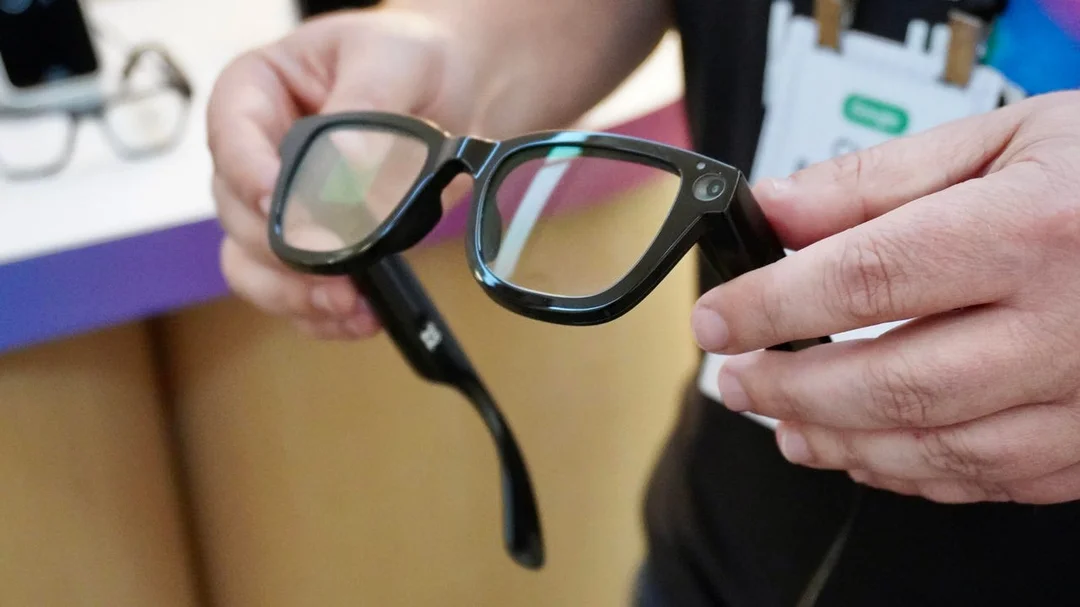
Google’s Android XR Smart Glasses: A Glimpse into the Future of Wearable AI
Google is stepping back into the smart glasses arena with its upcoming Android XR glasses, but this time it's aiming to avoid the pitfalls of the past. Early reviews and details emerging from Google I/O 2025 suggest these glasses could be a game-changer, potentially convincing even smart glasses skeptics to embrace the technology. The key? A sleek design, seamless AI integration via Gemini, and a focus on practical, everyday use.

Unlike the clunky Google Glass of yesteryear, the Android XR glasses boast a more subtle and stylish design. Google is partnering with eyewear brands like Warby Parker and Gentle Monster, echoing Meta's approach with Ray-Ban, to create frames that look and feel like regular eyeglasses. According to ZDNET, this is a strategic move to attract a wider audience beyond just tech enthusiasts.
The real magic, however, lies in the integration of Gemini, Google's powerful AI assistant. The glasses feature a display embedded in the right lens, projecting information directly into the user's field of vision. As Ryan Whitwam points out, this differs from the original Google Glass, which projected the UI towards the corner of your eye. With Android XR, the UI is front and center, offering a more immersive and intuitive experience.
Imagine walking down the street and using Google Maps, with directions overlaid directly onto your view of the world. Or instantly translating conversations in real time. Or snapping photos simply by using voice commands. These are the possibilities Google is showcasing with Android XR.

CNET's Scott Stein, a seasoned expert on AR and VR, describes the display technology as using a Micro LED chip projecting onto etched waveguides on the lens. The result is a clear, colorful interface that disappears when not in use.
Early testers were impressed by the seamless integration of Gemini, which can answer questions about the world around you based on what the glasses are seeing. As one reviewer noted, it felt like having a personal AI assistant constantly by your side, ready to provide information at a moment's notice.
Google plans to leverage the processing power and connectivity of your existing phone, either through a wired or wireless connection. This approach aims to reduce the power consumption and weight of the glasses, addressing key concerns about wearable technology.
While details are still emerging, the Android XR glasses are expected to be available later this year. Key questions remain, such as battery life, pricing, and whether they should replace regular glasses. However the initial impressions are optimistic and suggest that Google's new approach to smart glasses might finally find a mainstream audience.
What are your thoughts on Google's Android XR glasses? Are you ready to embrace AI on your face? Let us know in the comments below!